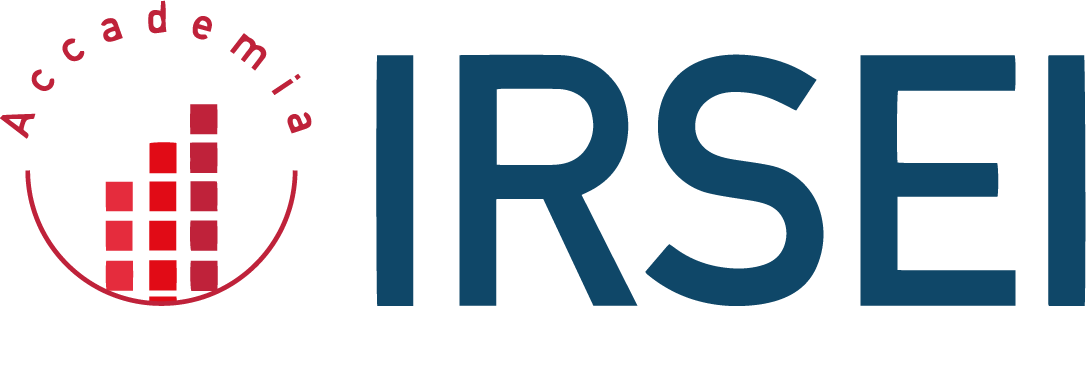Talk Retail- International communication skills for retail

PROJECT NUMBER: 2021-1-IT02-KA220-ADU-000026600
TIMESPAN OF THE PROJECT: 01.02.2022 – 01.04.2024
FINANCING PROGRAM: Erasmus+

Objectives
The project aims to:
- Create awareness amongst retail workers of the importance of soft skills and communication skills in international sales
- Provide a self evaluation tool on levels of competence in soft skills and communication skills
- Provide a set of online courses that can be taken at the user’s own pace and time and that adapt to the specific needs in English competence and international communication skills
- Active participation of retail workers in non formal and online learning pathways that motivate to keep learning
- Create opportunities for retail workers and SME owners to connect and collaborate with other retailers around the EU
- Rapport building amongst retails workers and SME owners from different EU countries
- Greater sense of EU citizenship and EU awareness as well as shared values amongst retail workers and SME owners around Europe
- Explicit know how of social media strategies for the retail industry to build international networks
Activities
The project will engage in the following activities:
- Develop a comprehensive guide on transversal and international communication skills tailored for the retail sector
- Create online courses aimed at promoting the acquisition of these communication skills
- Design self-assessment tests specifically for workers in the retail sector to evaluate their proficiency in transversal and international communication
Results
The project will generate the following outcomes:
- Retail Talk Skills (learning material and handbook)
- RT Skills Self Evaluation (Evaluation methodology and tool)
- Retail Talk Training (E-learning course)
- EU Retail Network (networking service and peer-learning)
Partners
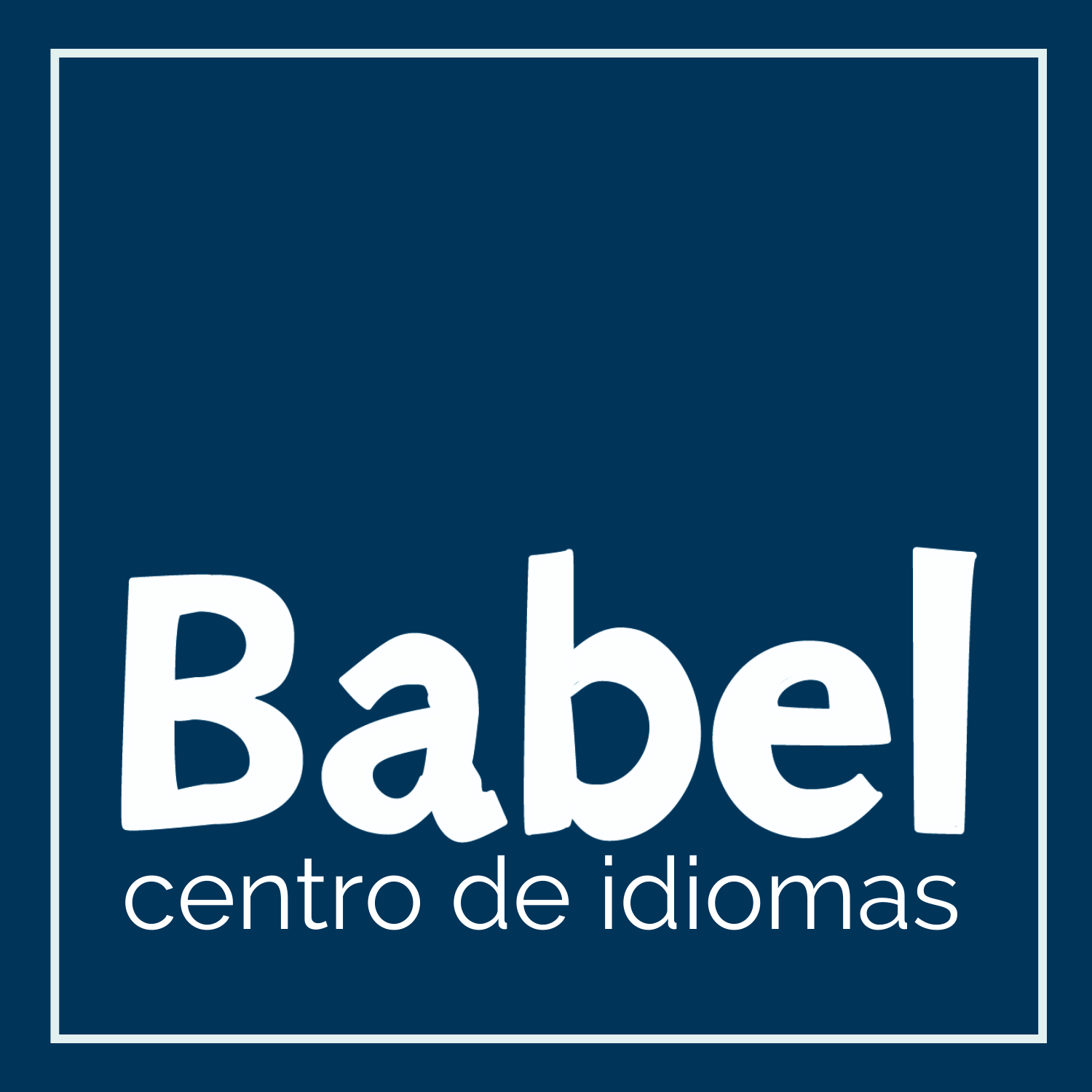
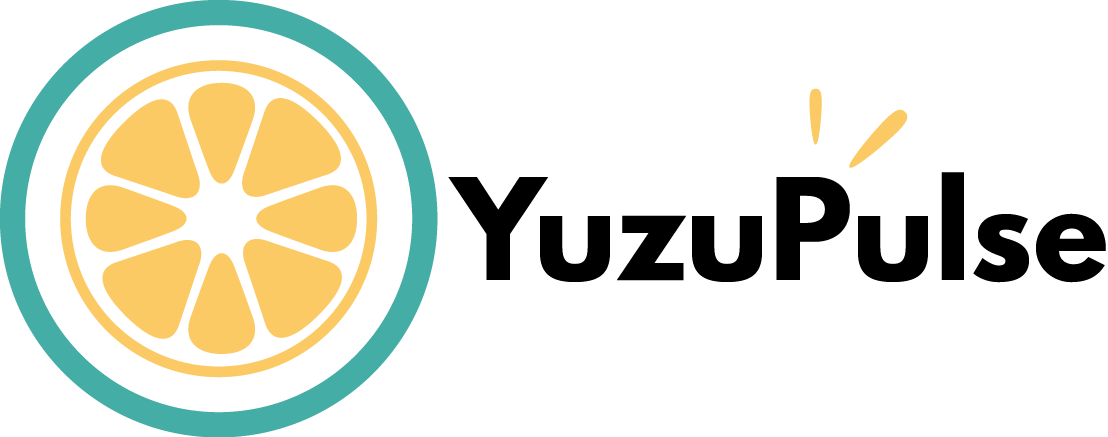
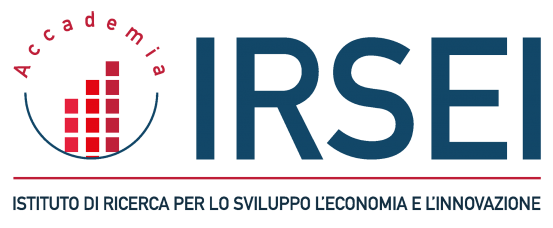
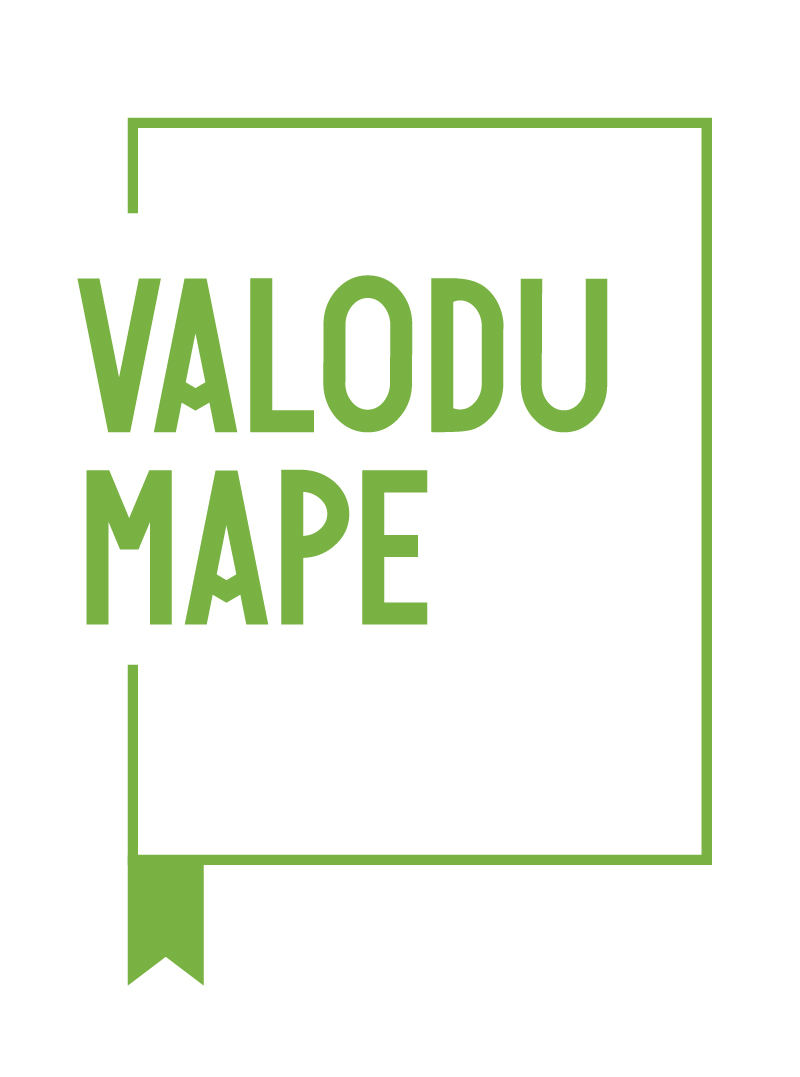

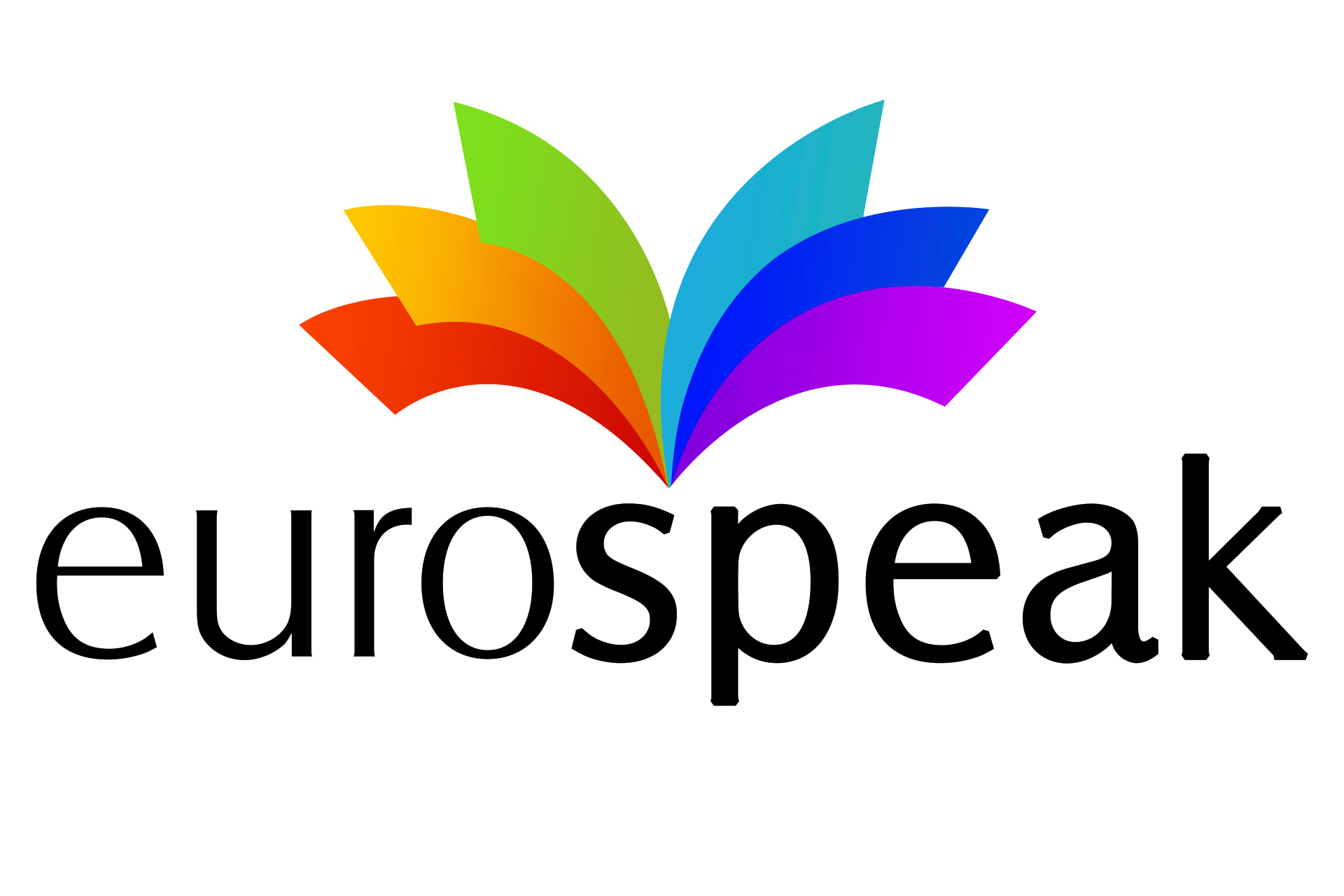
Funded by the European Union. Views and opinions expressed are however those of the author(s) only and do not necessarily reflect those of the European Union or the European Education and Culture Executive Agency (EACEA). Neither the European Union nor EACEA can be held responsible for them.
